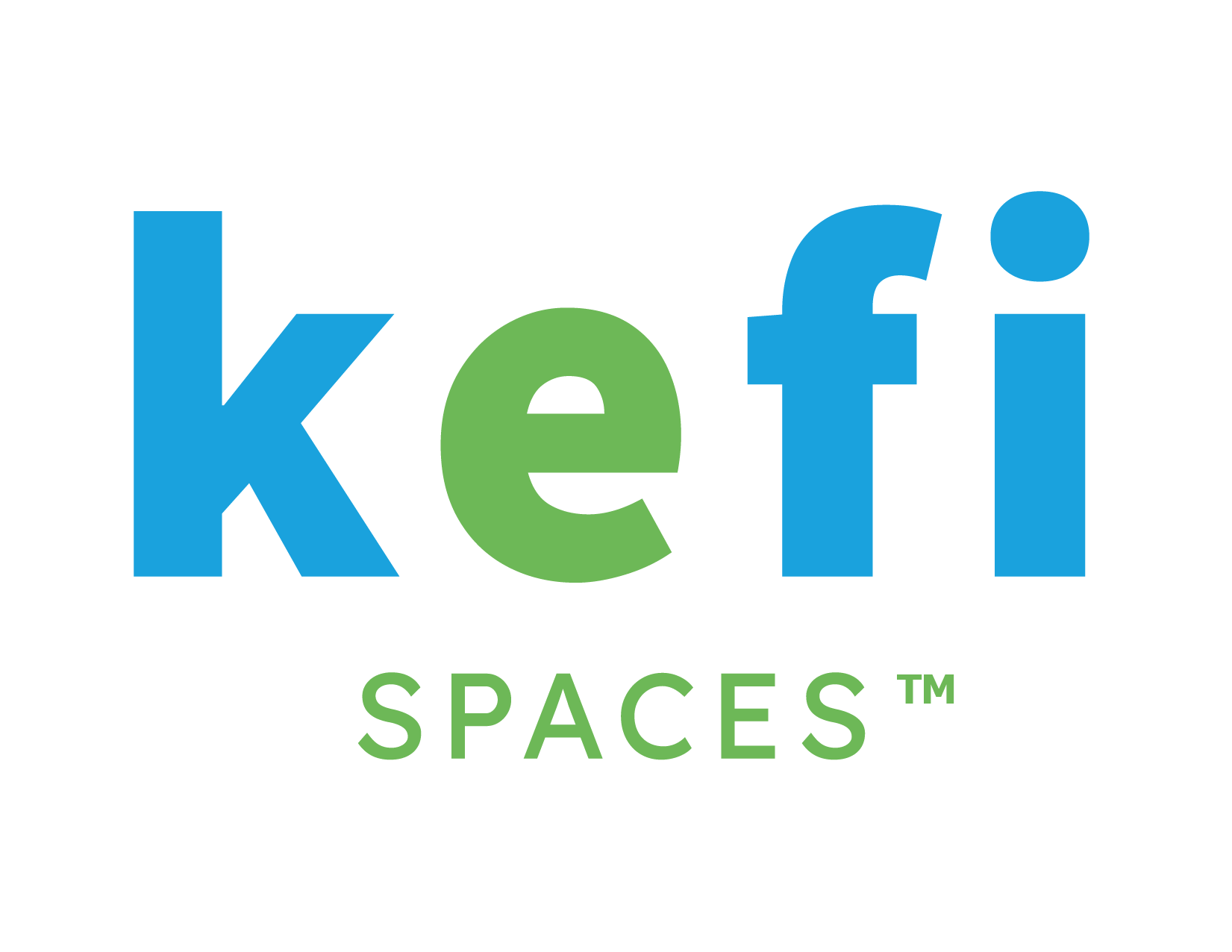There’s no business vertical that can’t benefit from coworking spaces in some respect. Writers, programmers, legal professionals, day traders, analysts – the list goes on. Even home service providers can use shared workspaces to avoid the cost of a brick-and-mortar office, when all they need is a commercial address and a desk and internet connection to work on invoices or field customer requests.
Coworking spaces have taken off in the business world because they offer all the flexibility commercial leases don’t have and top-tier amenities most SMBs can’t afford on their own. They’re an option that allows businesses to pay for what they need and nothing more.
Large Businesses With Remote Workers
Remote workers are becoming a bigger part of the economy thanks to modern connectivity. Pandemic has shown just how effective remote work can be for businesses that don’t have any real need for every team member to be in the same room every workday.
Working from home isn’t necessarily ideal for every remote employee. Some people have a lot of distractions at home or may not have adequate internet or workspace. A coworking space provides a quiet environment where remote workers can be productive and operate as part of the team without having to be onsite.
Some larger companies are also using coworking spaces to give employees a break from the office. Large, crowded offices are full of distractions. Sometimes people need a break and function better in an environment that’s a little less congested and a little more casual.
Some employees may have to commute across town to reach their employer’s office. Instead of sitting in traffic for two hours every day, they can work from a coworking space that’s closer to their home for part of the week.
Coworking spaces are also a good solution for businesses that either need overflow space or have workers or partners coming in from out of town. Instead of uncomfortably cramming more people into an office with limited space, they can affordably rent space at a nearby coworking community.
Coworking spaces are also a more affordable option than leasing a larger office when a business has temporarily increased space needs that aren’t permanent, like staffing up for a big contract.
Startups
There’s a lot of overlap on the Venn diagram of startups and SMBs, but startups do have some additional challenges that aren’t faced by many established SMBs. The benefits small to medium-sized businesses enjoy with coworking spaces are often even more important to startups.
It’s difficult to overemphasize just how vital cost controls are for a new business. Leases and expenses associated with owning or leasing commercial space are some of the highest costs new companies have. In many cases, it’s their second-highest expenditure after labor or material costs.
Startups that don’t necessarily need a physical location, but would benefit from a place with internet and conference rooms for meetings, will find a flexible, efficient solution in shared workspaces. Coworking communities are quieter, more private, and cleaner than meeting at a public place like a coffee shop or library, and don’t impose time constraints on usage.
Small To Medium Sized Businesses
An SMB’s labor needs can change quickly, especially during these tumultuous times. Being locked into an expensive lease can be an inconvenient burden if a business suddenly requires space.
Shared work environments are a way for SMBs to get around these challenges thanks to their flexible office space and per-desk rates.
Many coworking spaces also offer enterprise solutions for increased privacy and dedicated square footage. SMBs that utilize any of these coworking solutions also have access to an array of high-quality amenities they likely wouldn’t acquire in a traditional commercial space.
Coworking spaces make sense for small businesses in a variety of industries, from insurance and legal professionals to marketers and web designers. They’re an ideal way for business owners to keep employees happy, while maintaining granular control of space costs.
Freelancers & “Digital Nomads”
Nearly a third of the nation’s workforce is freelancing full-time or part-time. Freelancers may prefer not to work at home for several reasons. Maybe they have noisy roommates, children, or pets. Maybe they don’t have a comfortable desk, good internet, or an atmosphere conducive to work, or they’d just prefer to keep their home life and work-life separate.
In many cases, freelancers want to put a real commercial address on their business card, not just their home address.
Coworking spaces provide an actual physical location in a commercial building, which provides some much-needed legitimacy for freelancers in industries where that kind of thing is important.








